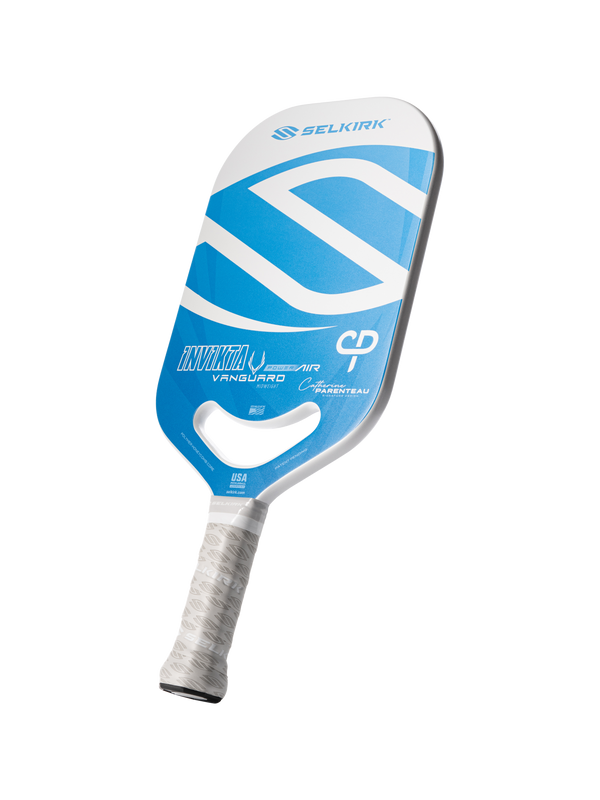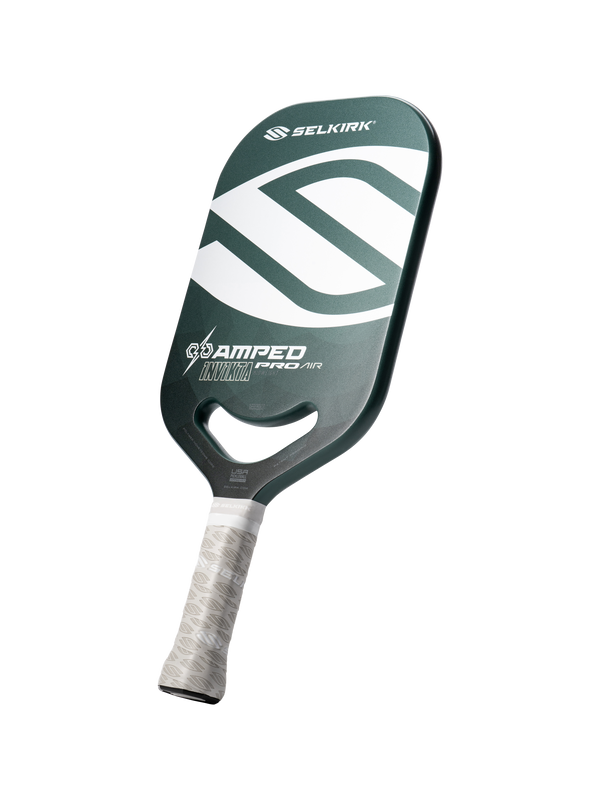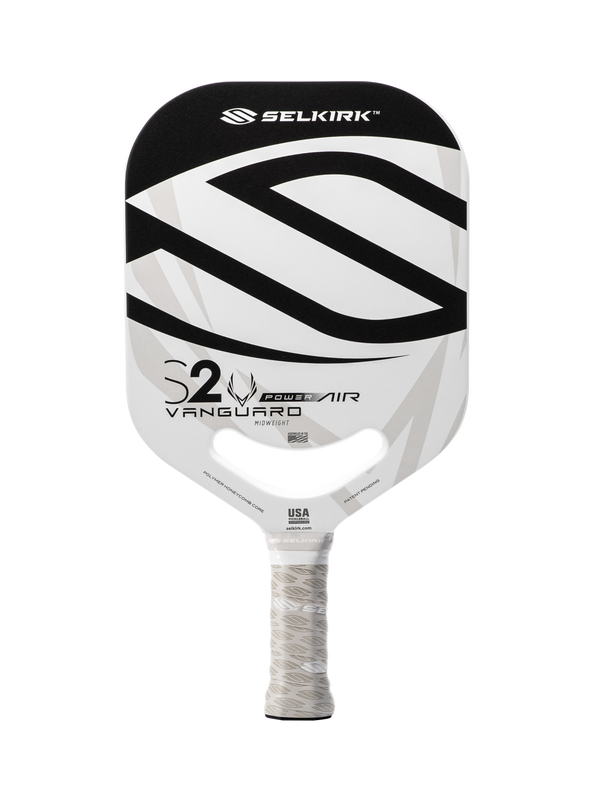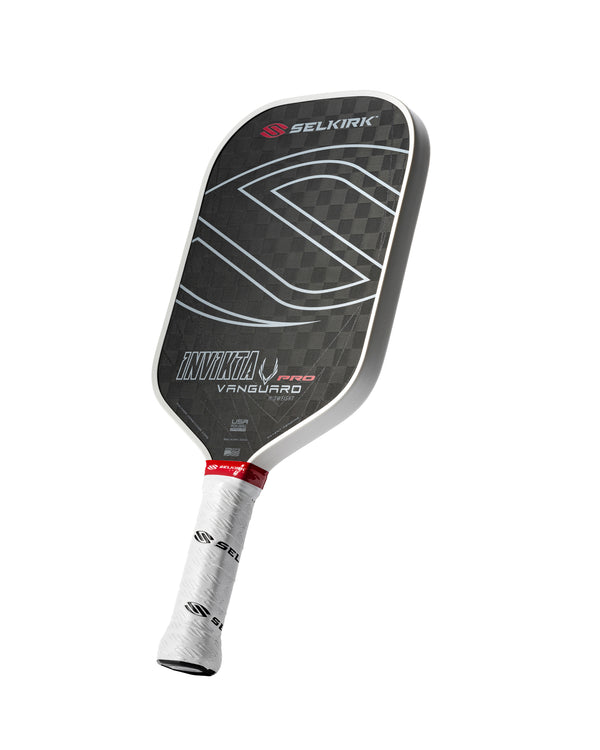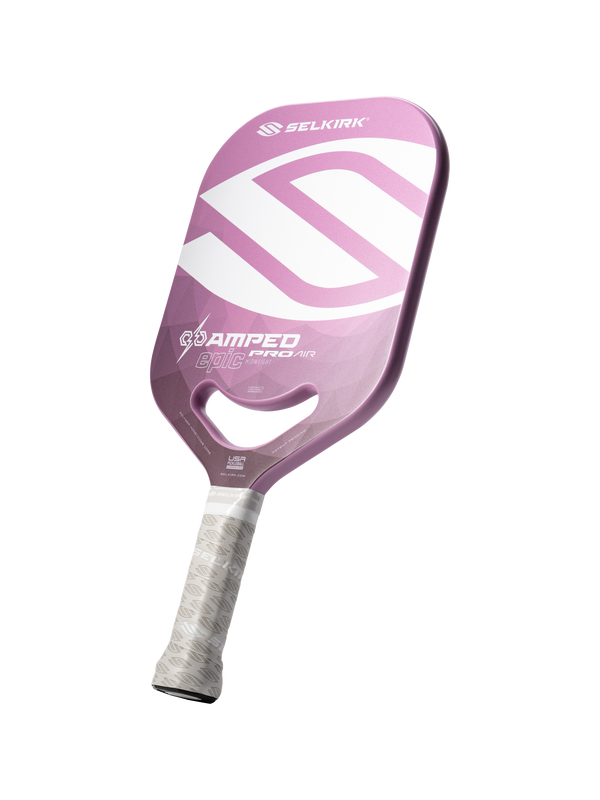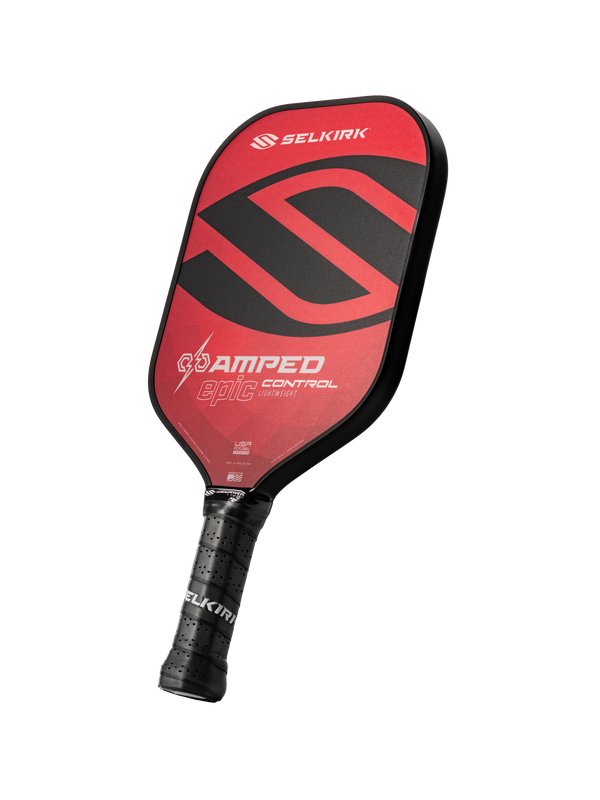
As a majority of doubles pickleball is played at the non-volley zone, it’s important to hone your skills at the kitchen line.
The skills required to be an effective kitchen player are many: You need to move well, be accurate at hitting balls off a bounce, and be comfortable hitting volleys.
One of the best ways to sharpen your skills is by practicing your cat and mouse game. In this Selkirk TV Original, pickleball coach Morgan Evans explains the cat and mouse drill and how it can improve your kitchen skills.
What is cat and mouse in pickleball?
Simply put, cat and mouse is the strategic maneuvers players make at the kitchen line with the goal of forcing your opponent into a poor position. Players will make special shots — either with sharp angles, quick drops, or fast pace — to try and outsmart their opponents.
When all players are engaged in cat and mouse at the kitchen line, the players will likely be moving back and forth laterally across the court until one player earns an offensive advantage.
This player becomes the cat, or aggressor, while the defensive player becomes the mouse. But it may not remain that way for the whole point.
If the “mouse” regains control of the point, the chase continues until one player or team earns a point.
Perfecting the cat and mouse drill
One of the best ways to improve your cat and mouse game is simply to practice. As cat and mouse is largely used in singles play, it’s best to practice in groups of two.
There are several progressions of the cat and mouse drill for you and your partner to work your way through. Make sure you perfect each progression before advancing to the next.
Starting drill
Start at opposite sides of the net, with one player at the middle line (Player A) and one player at the right sideline (Player B).
Player A should feed a wide dink to Player B. Player B should then hit a crosscourt dink to Player A’s right sideline. As Player A has to move quickly to the right sideline, they will likely need to hit a middle dink. Player B should then move to the middle and hit a crosscourt dink.

This four-shot pattern should be repeated for 10 sets before switching roles.
In this drill, you should focus on how best you can move as wide as needed to hit all your shots. Typically, the side step will suffice. However, certain shots may require you to make cross-steps to get to the ball in time.
Take note of which shots require you to be more proactive in your movement. Begin building your muscle memory for game scenarios.
Progression 1
In the first progression, you will incorporate several volley dinks to make the drill more challenging. However, you won’t volley every shot.
Instead, only volley the dinks that are played from the middle of the court. For example, Player A would volley shot 1, while Player B would volley shot 4 of the pattern.
Adding volleys will speed up the game, which will challenge your movement capabilities. Be sure not to admire your handiwork — hit your volley and prepare to receive the next shot.
Repeat the four-shot pattern 10 times before switching roles.
In this drill, you’ll likely need a lower posture to hit the volley dinks accurately. Use your non-dominant hand as a counterweight to stabilize yourself as you reach for the volleys.
Progression 2
To make things even more interesting, it’s time to shake up the pattern. Start as normal, but rather than stick to a certain pattern, any player that is able to make a volley shot is able to do so at any time.
Additionally, they may hit that volley to any spot they want on the court. A player that lets the ball bounce must direct the ball wide crosscourt.
Continue this type of play until a point is won. Then switch roles.
Download the Selkirk TV app HERE to watch the complete episode and many other Selkirk TV original shows, podcasts, lesson series from the pros, and much more.




